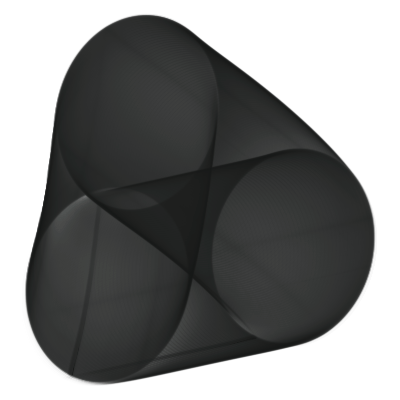Shusterman’s significant book, Pragmatist Aesthetics was published in 1992. Due to the author’s multicultural background, diverse philosophical research (analytic aesthetics, pragmatism, Adorno, Bourdieu, etc.,) and his attractive topics of inquiry (rap, popular art, body culture), his work revitalized aesthetic discussions. At the turn of the new century, with the book’s second edition, Shusterman launched his new project of somaesthetics, which is essentially an extension of his approach to pragmatist aesthetics. As he wrote in that second edition.
"There is already an abundance of discourse on the body in contemporary theory. But such body talk tends to lack two important features. First, it needs a structuring overview or architectonic to integrate its very different, seemingly incommensurable, discourses into a more productively systematic field. It would be useful to have a comprehensive framework that could connect the discourse of biopolitics with the therapies of Bioenergetics and might even link analytic philosophy's ontological doctrines of psychosomatic supervenience to bodybuilding's principles of supersets. The second thing lacking in most current philosophical body talk is a clear, pragmatic orientation – something that the individual can directly translate into a discipline of improved somatic practice. Both of these deficiencies can be remedied by the proposed field of somaesthetics, a discipline of theory and practice." (PA 271 – Emphasis added by A. Kremer.)
During the last three decades, Pragmatist Aesthetics has been translated into fourteen languages, and the pragmatist approach to aesthetics has become an important direction in the philosophy of art and the aesthetic field. Similarly, somaesthetics has developed into an interdisciplinary field with researchers working in the arts, politics, education, historical and social sciences as well as health sciences and even technology.
In May 2012 the Sorbonne’s philosophy and art departments arranged an international conference and an art show to mark the progress of pragmatist aesthetics since the simultaneous publication of Shusterman’s Pragmatist Aesthetics and its French version entitled L’Art à l’état vif. The conference was called "Pragmatist Aesthetics: 20 years later / L’art à l’état vif: 20 ans après” and the art show’s title was Aesthetic Transaction: Pragmatist Philosophy through Art and Life.
Ten years later we wish to explore the melioristic approach and multiple forms and impacts of pragmatist aesthetics and somaesthetics, not with a mere retrospective regard but with an interest on new thinking for the future.
Bálint Veres and Alexander Kremer
